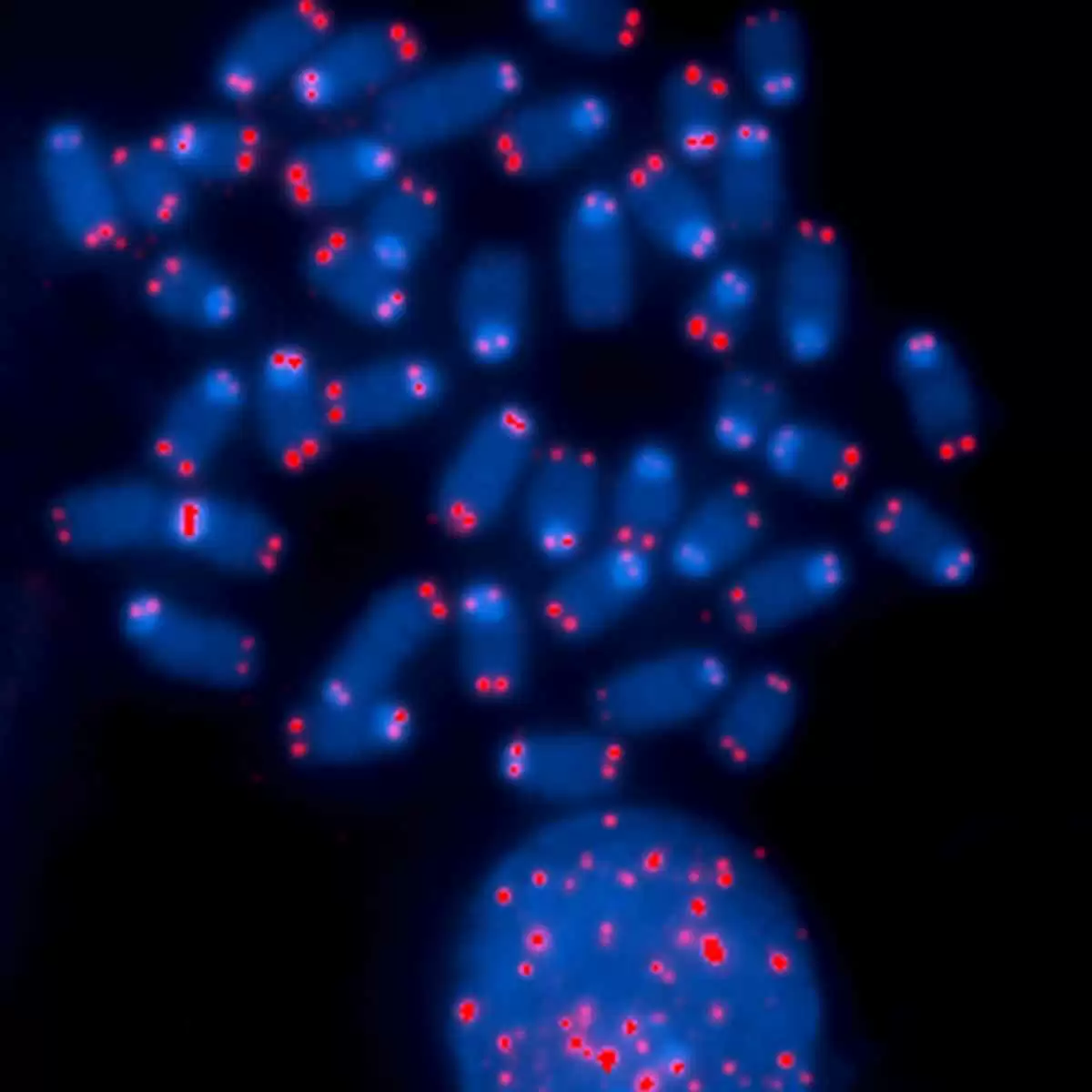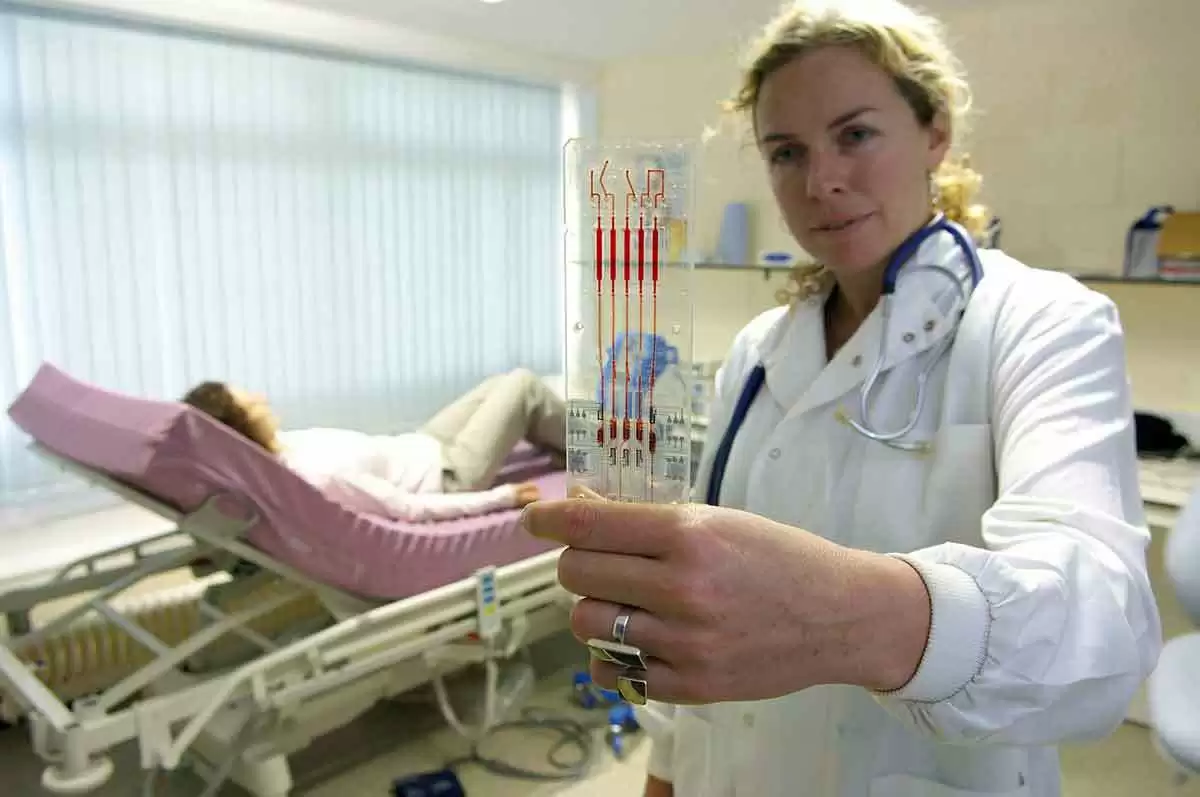
Celiac.com 03/13/2023 - Human Leucocyte Antigen (HLA) testing is helpful in the clinical work-up of celiac disease, and has a high negative, but low positive predictive value.
A research team explored the potential use of HLA testing in the diagnosis of celiac disease, along with its limited predictive value.
Celiac.com Sponsor (A12):
To improve celiac disease prediction and guide exclusion criteria, the researchers used HLA risk genotypes to develop a genomic risk score (GRS). They constructed and validated an interpretable HLA-based risk model (HDQ15) using imputed HLA genotypes from five European celiac disease case-control GWAS studies with a sample size of more than 15,000.
Their model, HDQ15, showed significant improvements in predictive performance compared to previous HLA-based risk models. They also identified two novel associations, HLA-DQ6.2 and HLA-DQ7.3, that interact significantly with HLA-DQ2.5, which was found to improve the accuracy of their risk model.
The researchers demonstrated that their proposed HLA-based models could perform just as well using just six HLA tagging SNPs. They also found that using their model to guide exclusionary criteria increased the positive predictive value of celiac disease testing in high-risk populations by 55%, from nearly 18% to about 27%, while maintaining a negative predictive value above 99%.
The findings suggest that HLA typing could be more useful in celiac disease diagnosis, and should be given more consideration in clinical practice. The use of their HDQ15 and HDQ17 models could lead to more accurate and effective celiac disease diagnosis, and exclusion criteria.
These findings are particularly important because celiac disease is often misdiagnosed or under-diagnosed, leading to unnecessary suffering, complications, and healthcare costs. Improved accuracy of celiac disease diagnosis, derived from the HDQ15 and HDQ17 models, could help prevent misdiagnosis and improve the quality of life for people with celiac disease. It could also reduce the burden on the healthcare system by allowing for more accurate and cost-effective diagnosis and management of the condition. Overall, the study highlights the importance of HLA typing in celiac disease diagnosis and underscores the need for more accurate and effective diagnostic tools for this condition.
Read more in the Eur J Hum Genet. 2020 Dec; 28(12): 1743–1752.
The researchers included Michael Erlichster, Justin Bedo, Efstratios Skafidas, Patrick Kwan, Adam Kowalczyk, and Benjamin Goudey. They are variously affiliated with the Centre for Neural Engineering, The University of Melbourne, Melbourne, VIC Australia; the Department of Medicine (Royal Melbourne Hospital), The University of Melbourne, Melbourne, VIC Australia; the Bioinformatics Division, Walter and Eliza Hall Institute, Melbourne, VIC Australia; the Department of Computing and Information Systems, The University of Melbourne, Melbourne, VIC Australia; the The Florey Institute of Neuroscience and Mental Health, Melbourne, VIC Australia; the Department of Electrical and Electronic Engineering, The University of Melbourne, Melbourne, VIC Australia; the Department of Neurology, Central Clinical School, Monash University, Melbourne, VIC Australia; the Diversity Arrays Technology Pty Ltd, Canberra, ACT Australia; the Center for Epidemiology and Biostatistics, The University of Melbourne, Melbourne, VIC Australia; IBM Research Australia, Melbourne, VIC Australia.








Recommended Comments
There are no comments to display.
Create an account or sign in to comment
You need to be a member in order to leave a comment
Create an account
Sign up for a new account in our community. It's easy!
Register a new accountSign in
Already have an account? Sign in here.
Sign In Now